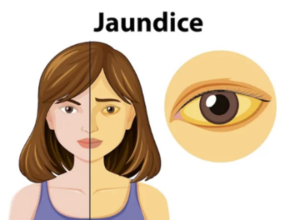Primary Sclerosing Cholangitis (PSC)
Liver Illness
At a glance
- PSC is a rare chronic liver disease
- PSC is frequently associated with inflammatory bowel disease, particularly ulcerative colitis
- The prognosis varies enormously among patients
- Click here to read Brendan’s story with PSC
What is it?
Primary Sclerosing Cholangitis (PSC) is a chronic liver disease characterised by inflammation and scarring of the bile ducts, which can lead to liver damage and, eventually, liver failure. This progressive condition often manifests with symptoms such as fatigue, jaundice (yellowing of the skin and eyes), pruritis (skin itching), and abdominal pain. The exact cause of PSC remains unclear, though it is frequently associated with inflammatory bowel diseases, particularly ulcerative colitis.

Incidence
In Ireland, PSC is considered a rare condition, with an incidence rate of approximately 1-2 cases per 100,000 people annually. It typically affects individuals between the ages of 30 and 50, although it can occur at any age.
Treatment
Treatment options are limited, focusing primarily on managing symptoms and complications. These include medications to relieve itching, antibiotics for infections, and procedures to open blocked bile ducts. In severe cases, liver transplantation may be necessary.
Prognosis
The prognosis for PSC varies; some individuals may live symptom-free for years, while others may experience rapid disease progression. Regular monitoring and advanced care are crucial for managing this complex disease.
References:
- Mayo Clinic. Primary Sclerosing Cholangitis (PSC). Mayo Clinic
- Health Service Executive (HSE). Liver Disease: Primary Sclerosing Cholangitis. HSE